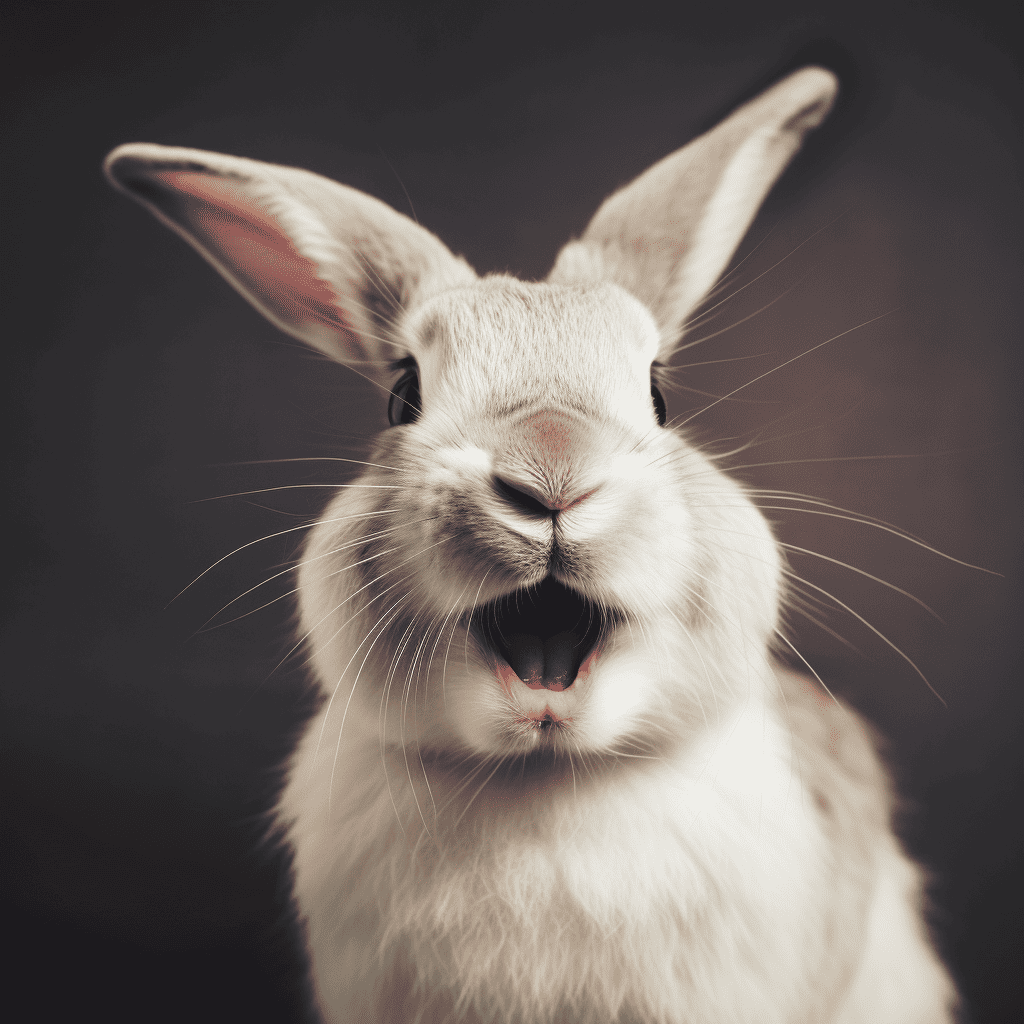Rabbits have unique dental structures and needs. Unlike humans, their teeth grow continuously throughout their lives. This unique dental physiology requires specific care and understanding. This guide will cover the essential aspects of rabbit dental care, including the right diet, prevention strategies, and recognizing dental problems early.
Part 1: Understanding Rabbit Dental Anatomy
Continuous Growth
- Incisors and Molars: How the teeth grow and the importance of proper alignment.
Dental Challenges
- Misalignment (Malocclusion): Causes, consequences, and treatments.
- Spurs: Formation and risks.
Part 2: The Right Diet for Dental Health
Hay
- Importance of Hay: How hay promotes dental wear and good alignment.
- Types of Hay: Choosing the right hay for your rabbit’s age and health.
Fresh Vegetables
- Safe Vegetables: A guide to rabbit-safe vegetables that promote dental health.
- Chewing Needs: How the texture of vegetables can influence dental wear.
Pellets
- Selecting the Right Pellets: Protein, fiber, and nutrient balance.
- Pellet Size and Shape: Influencing chewing and dental wear.
Treats and Unhealthy Foods
- Avoid Sugary Treats: How sugars can impact dental and overall health.
- Safe Treat Options: Recommendations for occasional treats.
Part 3: Monitoring and Preventive Care
Regular Observations
- Visual Checks: What to look for during regular at-home dental checks.
- Behavioral Signs: Changes in eating habits, drooling, or facial swelling.
Veterinary Care
- Regular Dental Exams: Importance of professional veterinary dental checks.
- Cleaning and Scaling: When and why this may be necessary.
Part 4: Recognizing Dental Problems Early
Symptoms of Dental Issues
- Reduced Appetite: How dental problems can affect eating.
- Facial Abscesses: Recognizing and treating abscesses.
- Weight Loss: How dental problems can lead to weight loss.
Common Dental Problems
- Malocclusion: Causes, symptoms, and treatments.
- Tooth Fractures: Prevention, recognition, and treatment.
Part 5: Treatment of Dental Problems
Veterinary Intervention
- Diagnosis: The importance of radiographs and professional evaluation.
- Surgery: When surgical intervention is needed.
- Long-Term Management: Ongoing care for chronic dental issues.
Home Care
- Medications: Administering prescribed medications for pain or infection.
- Dietary Adjustments: Temporary diet changes during recovery.
Part 6: Special Considerations
Young and Senior Rabbits
- Growing Bunnies: Monitoring and care for developing teeth.
- Aging Rabbits: Unique dental considerations for senior rabbits.
Breeds with Special Needs
- Brachycephalic Breeds: Special dental care for lop-eared or dwarf breeds.
Conclusion
Rabbit dental care is a multifaceted approach involving the right diet, regular monitoring, early recognition of problems, and professional veterinary care when needed. By understanding the unique dental anatomy and needs of rabbits, owners can take proactive steps to ensure the dental health of their furry friends.
Investing in dental care is an investment in the overall well-being of a rabbit, affecting everything from their ability to eat to their comfort and longevity.
Further Reading and Resources
- Books: “Rabbit Health in the 21st Century” by Kathy Smith.
- Organizations: Rabbit Welfare Association and Fund, House Rabbit Society.
- Online Platforms: Websites and forums dedicated to comprehensive rabbit care.
Note: This article is intended as a guide and should not replace professional veterinary care. Consult with a veterinarian who is knowledgeable about rabbit care for personalized recommendations and treatment.

